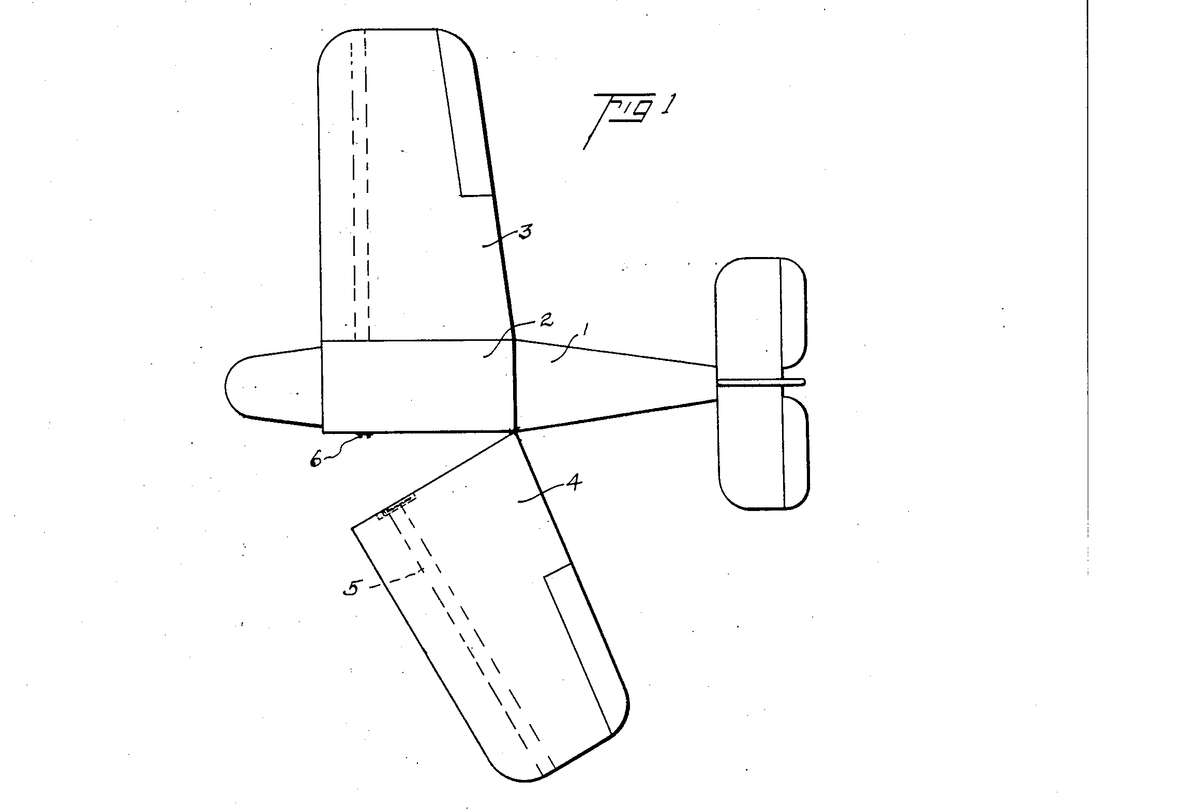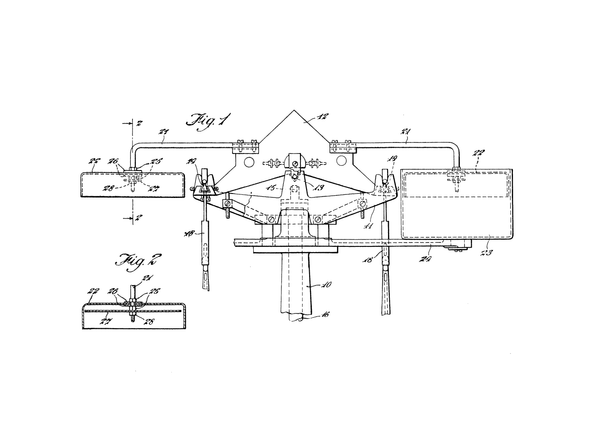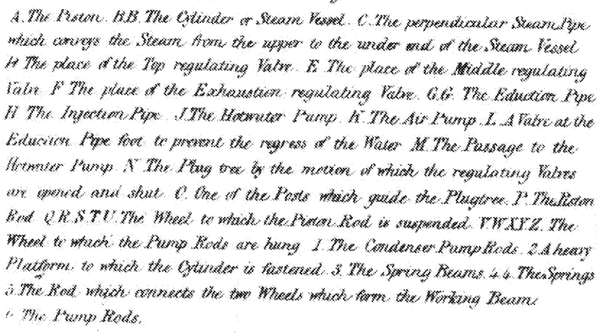Think patents are always global? About (inter)national protection.

Some people think that if someone holds a patent, the invention is protected worldwide. But here’s a key fact to start with: patents don’t automatically apply globally. They’re national rights, meaning if you patent something in one country, it’s not protected in others.
To simplify international patenting, there are procedures like the Patent Cooperation Treaty (PCT), which lets inventors file a single initial application that “reserves” their place across multiple countries. Beyond the PCT, there are also regional systems, such as the European Patent (EP) system and the Eurasian Patent (EA) system. These allow inventors to apply for a patent that can cover multiple countries within a specific region, making it easier to secure protection across borders.
So, while patents may start local, they can “grow a family” across borders through various routes—a helpful insight for anyone looking to understand global IP protection.




